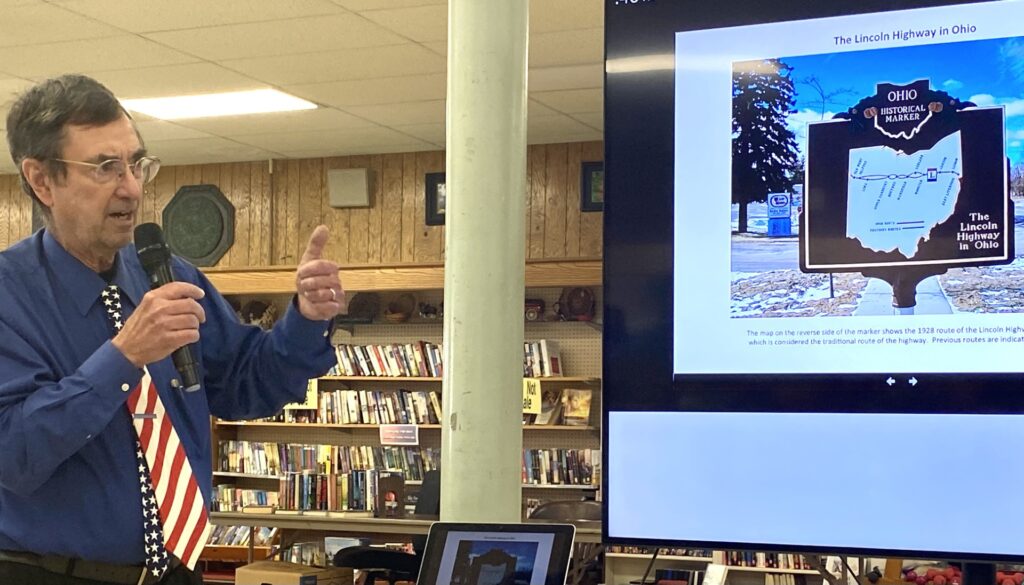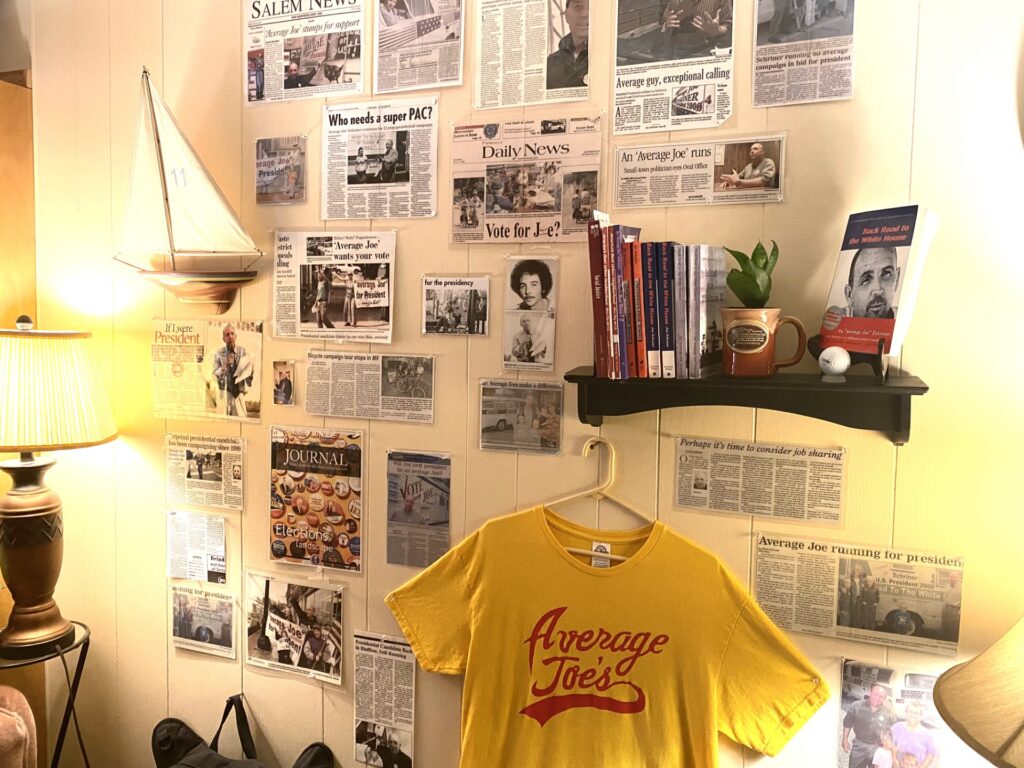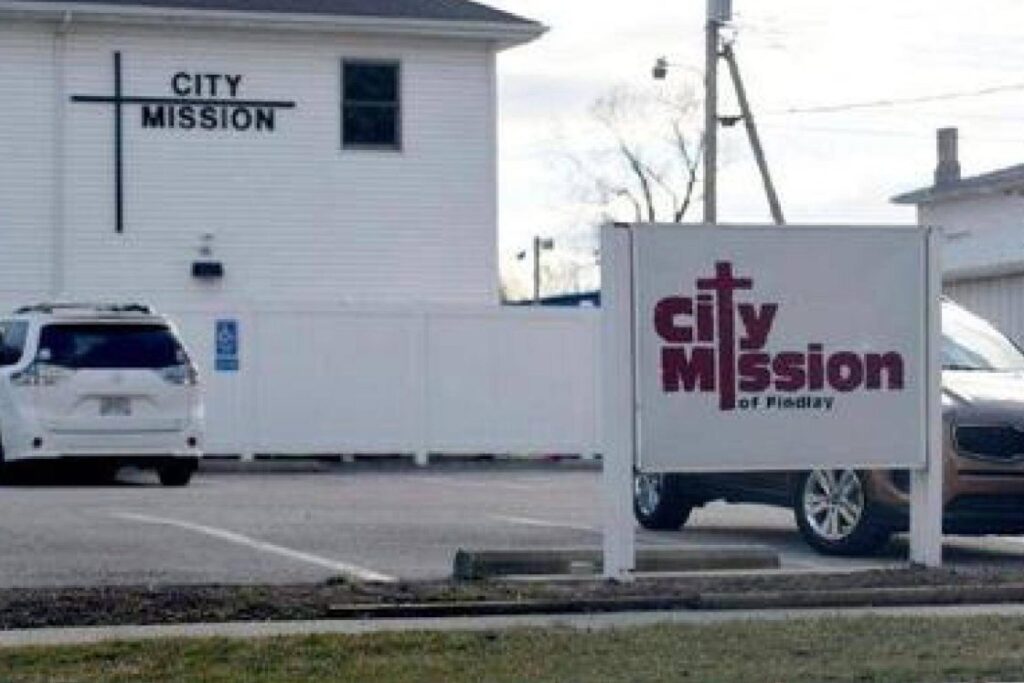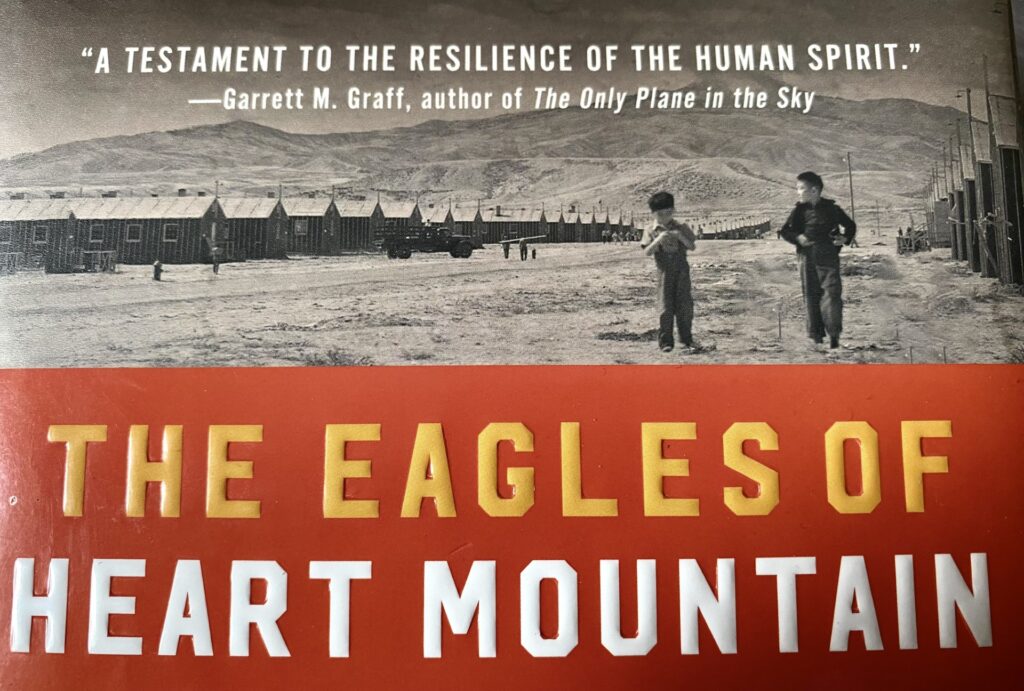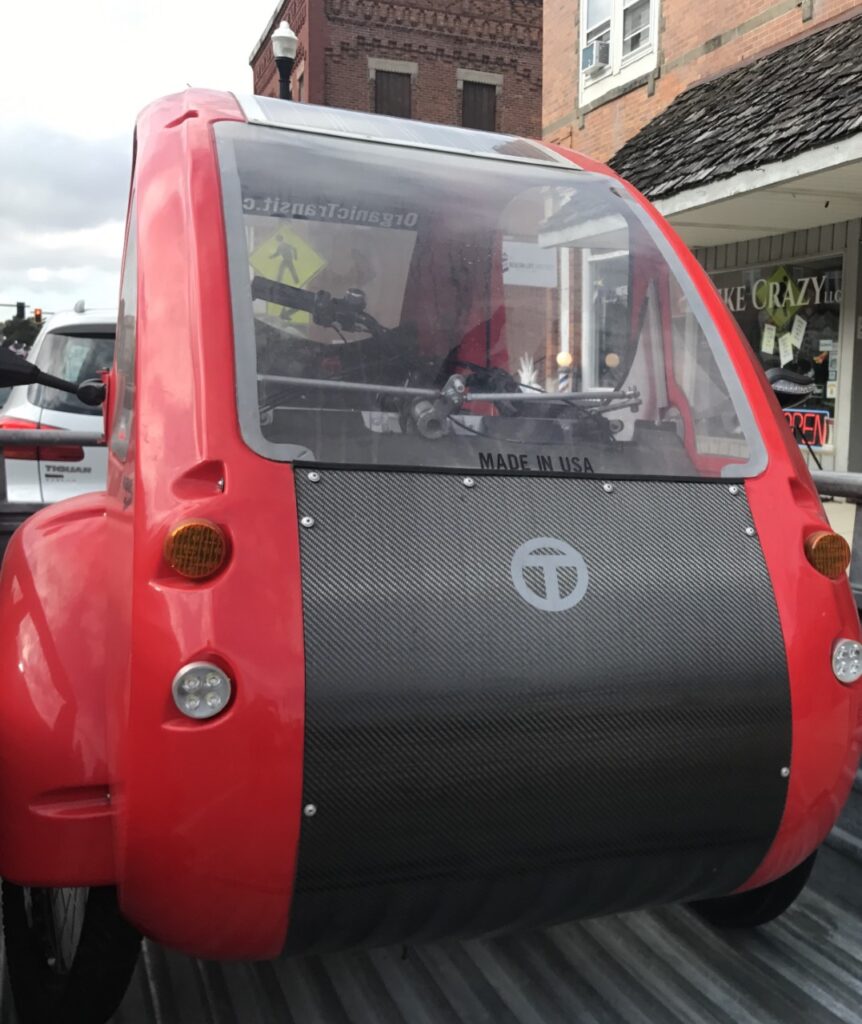
nuclear power plant
During his speech to the World Economic Forum this week, Trump said that his administration was going to considerably ramp up the construction of more nuclear power plants throughout the country. With massive AI Data Centers on the horizon, coupled with America’s virtually unsatiable demand for energy at this point, we will need additional power sources. This is a huge mistake, from several different angles. The names Chernobyl and Fukushima come to mind. Secondly, there’s been no measured, prayerful discernment about the AI Revolution. It’s just been full speed ahead. (*What’s more, Trump is proposing no state regulations on these AI plants for the first 10 years. This is blind lunacy.) Our administration’s energy template is just the opposite of this. That is, we would ask Americans to “sacrifice” in the energy area to decrease demand. Secondly, we would exponentially ramp up development of alternative energy sources (wind, solar, geothermal…). We would unequivocally say “no” to nuclear, including phasing out existing nuclear power plants. Note: Speaking of spiritual takes on things… Overuse of energy, like overuse of anything, to enhance lifestyle comfort, is the sin of gluttony. One of the seven deadly sins. ‘Deadly’ meaning, of course, putting your soul at jeopardy for eternity. For more on our energy policy, see…

